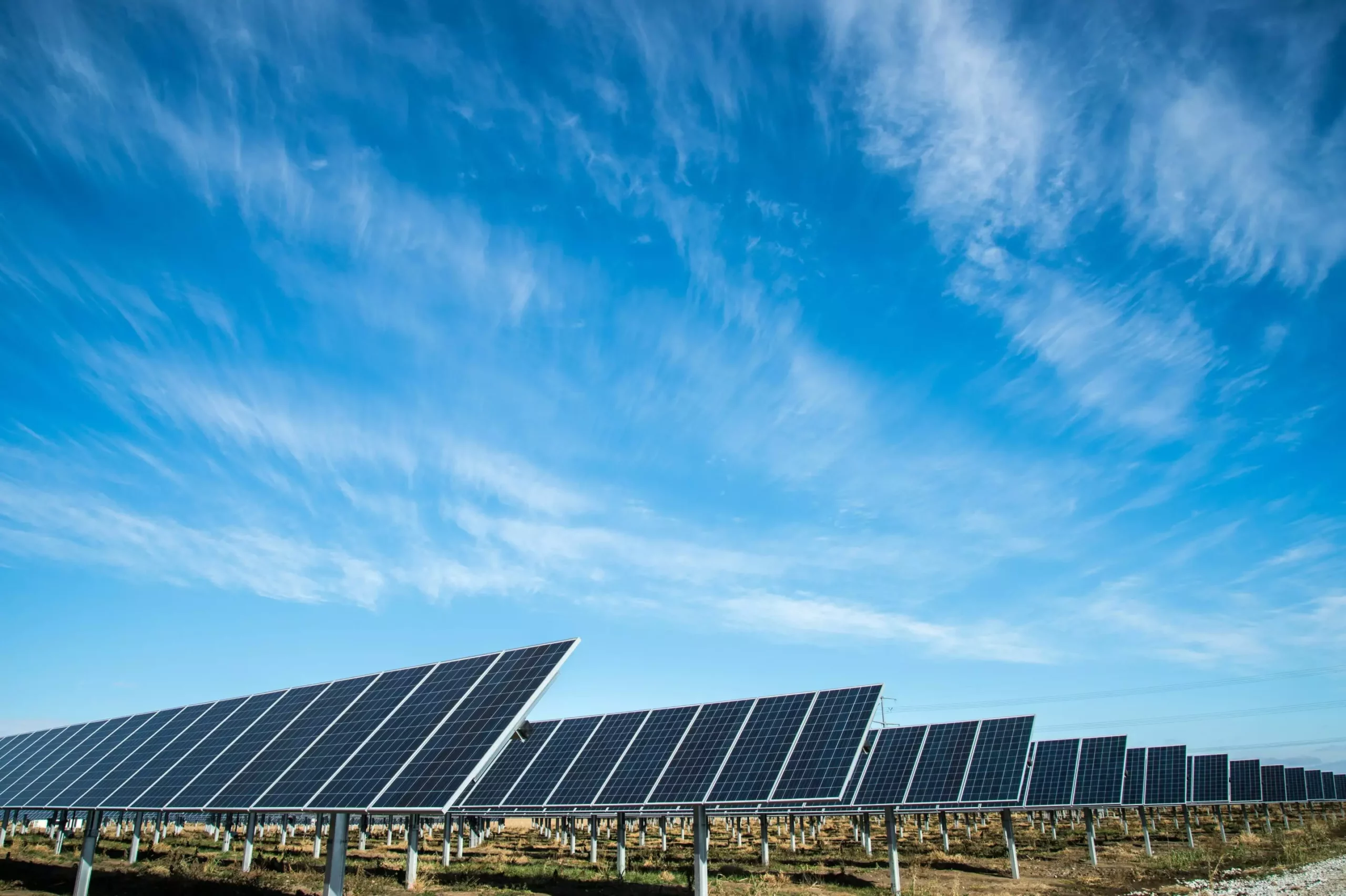Africa, despite contributing only about 4% of the world’s greenhouse gas emissions, faces significant challenges when it comes to energy access. With over 560 million people lacking electricity, the continent has the lowest energy access rate globally. Along with rapid population growth and urbanization, Africa’s greenhouse gas emissions could potentially increase due to factors such as economic growth and industrialization.
A recent study aimed to analyze the potential impact of Africa’s growth on global carbon targets. By modeling various scenarios, the researchers found that Africa’s growth is likely to have a low impact on global carbon targets in the short term. International institutions outside Africa could play a significant role in influencing the continent’s energy transition and greenhouse gas emissions by supporting green investments.
The researchers used the Kaya identity, a mathematical tool, to predict how carbon dioxide emissions in African countries might change based on factors such as population, economic growth, energy intensity, and carbon intensity. The calculations were based on data from the World Bank and the US Energy Information Administration, as well as United Nations’ population projections for African countries.
The study led to the identification of four scenarios for Africa’s future carbon emissions in 2030, 2040, and 2050: low growth, high growth, green growth, and mid-growth. While explosive growth in greenhouse gas emissions in Africa is deemed unlikely, a high-growth scenario without climate-conscious development could have negative implications for global climate change efforts.
The research also highlighted the significant dependency of African countries on external actors for their transition to renewable energy. National action plans on climate change in several countries, such as South Africa, Mozambique, Rwanda, and Kenya, are being developed in response to donor requirements. Additionally, foreign multinational corporations play a major role in fossil fuel projects on the continent, influencing the adoption of renewable energy.
To achieve a green-growth scenario with high economic growth and low greenhouse gas emissions, African countries need commitment from international partners along with financial and technical support for climate action. It is crucial for climate finance to align with developmental goals, focusing on inclusive and community-empowering investments that prioritize expanding access to electricity and local industries.
While Africa’s greenhouse gas emissions may not have a significant impact on global carbon targets in the short term, there is a need for proactive measures to ensure sustainable and equitable growth in the continent. By addressing factors such as energy access, economic development, and external influences, African countries can pave the way for a greener and more resilient future.


Leave a Reply